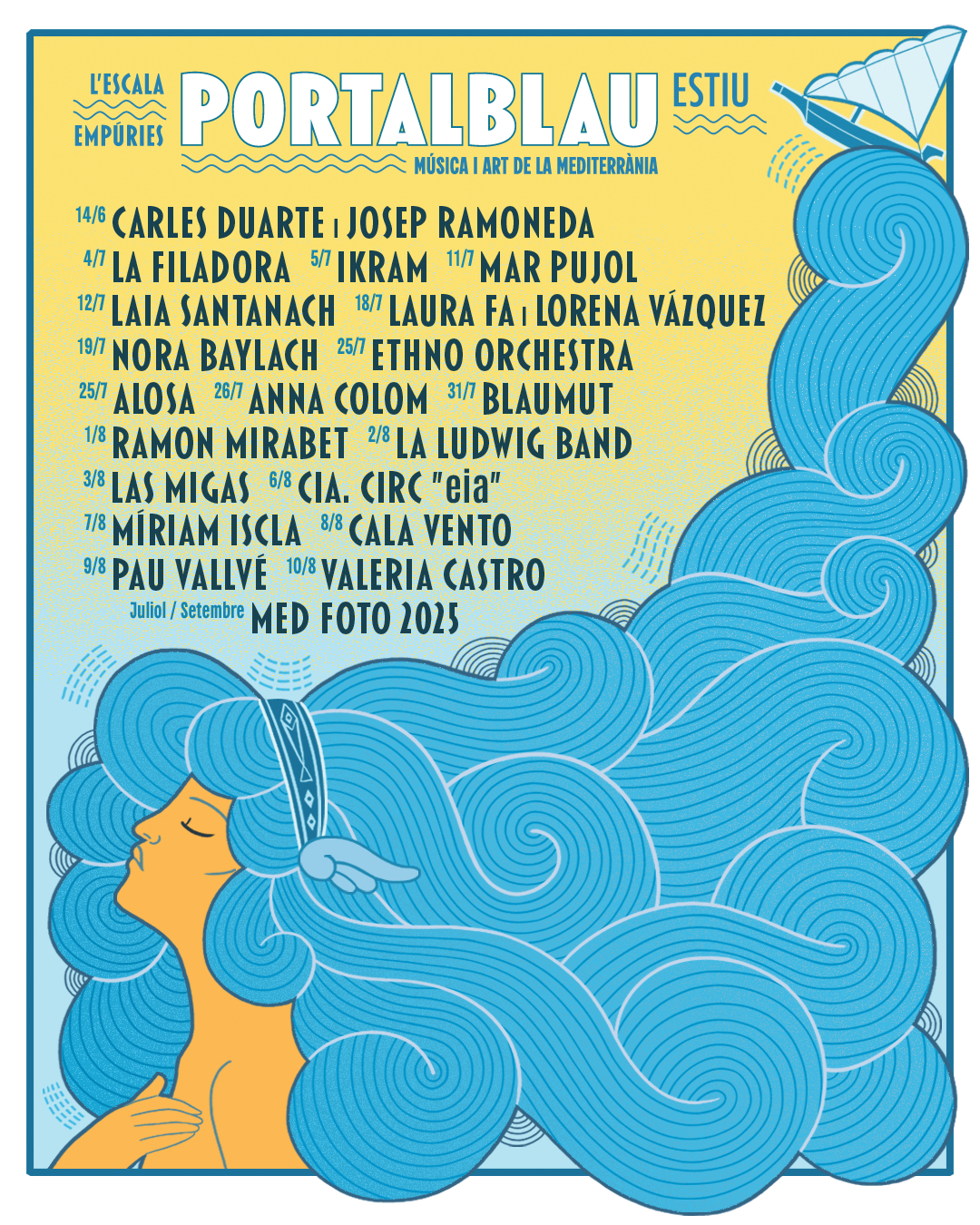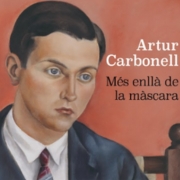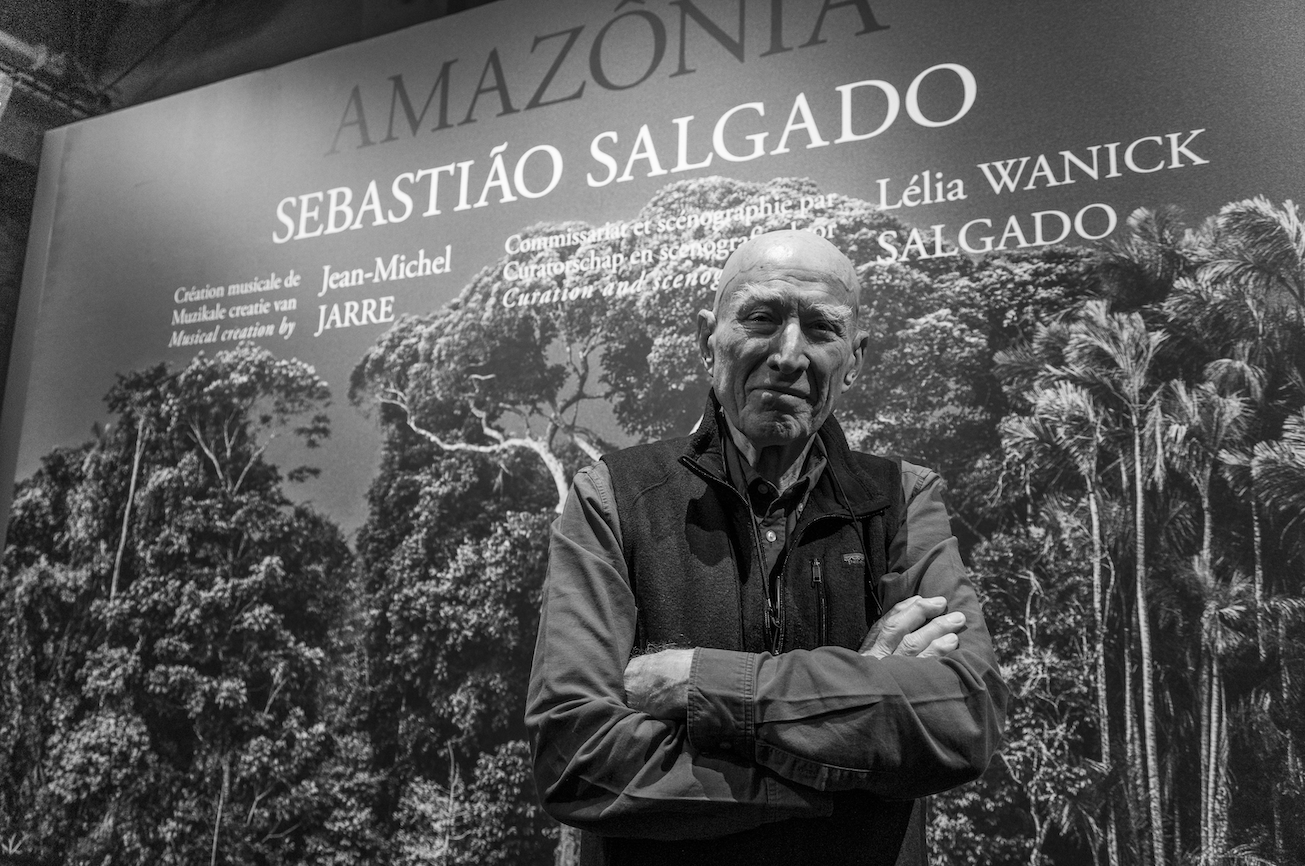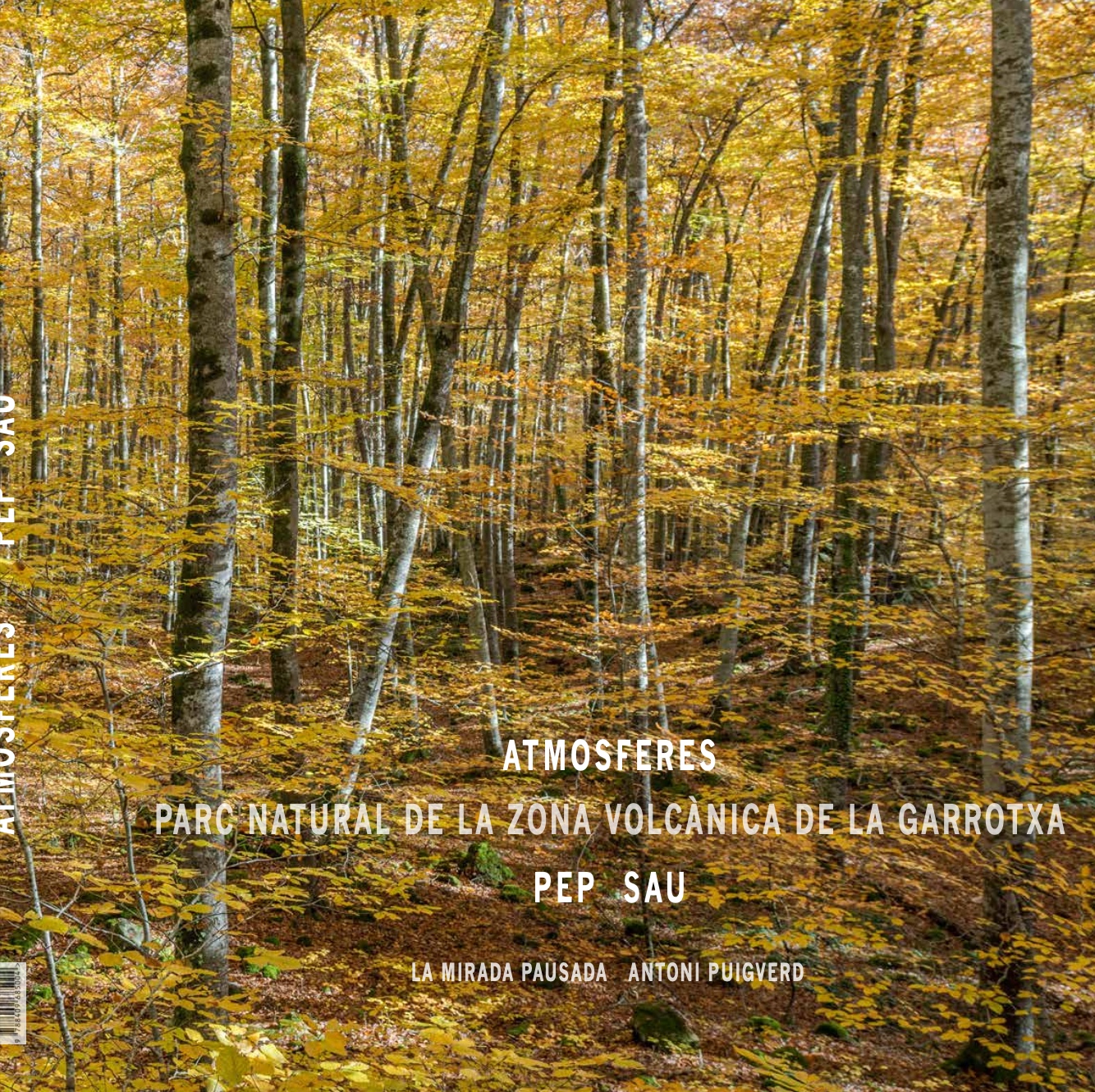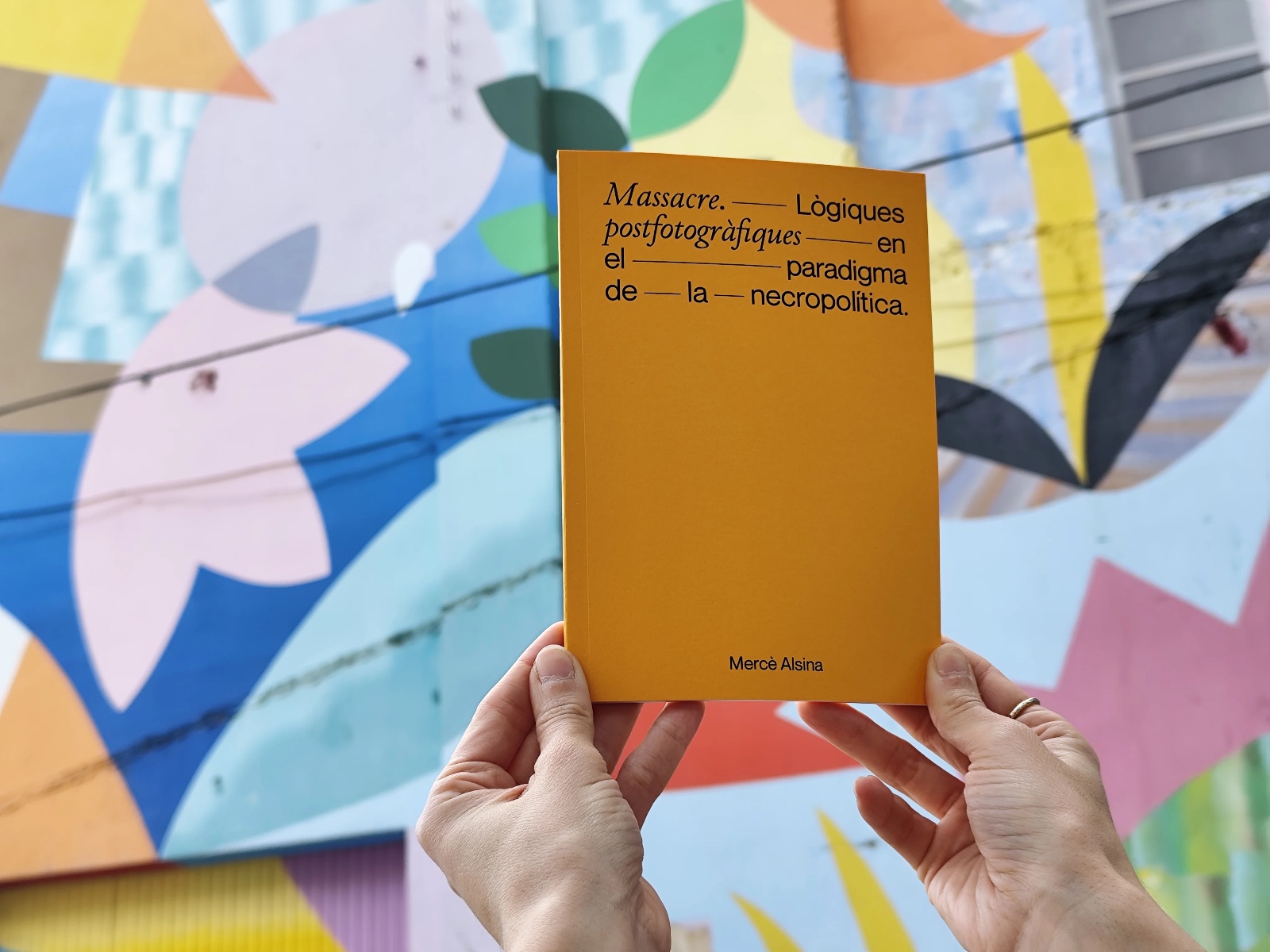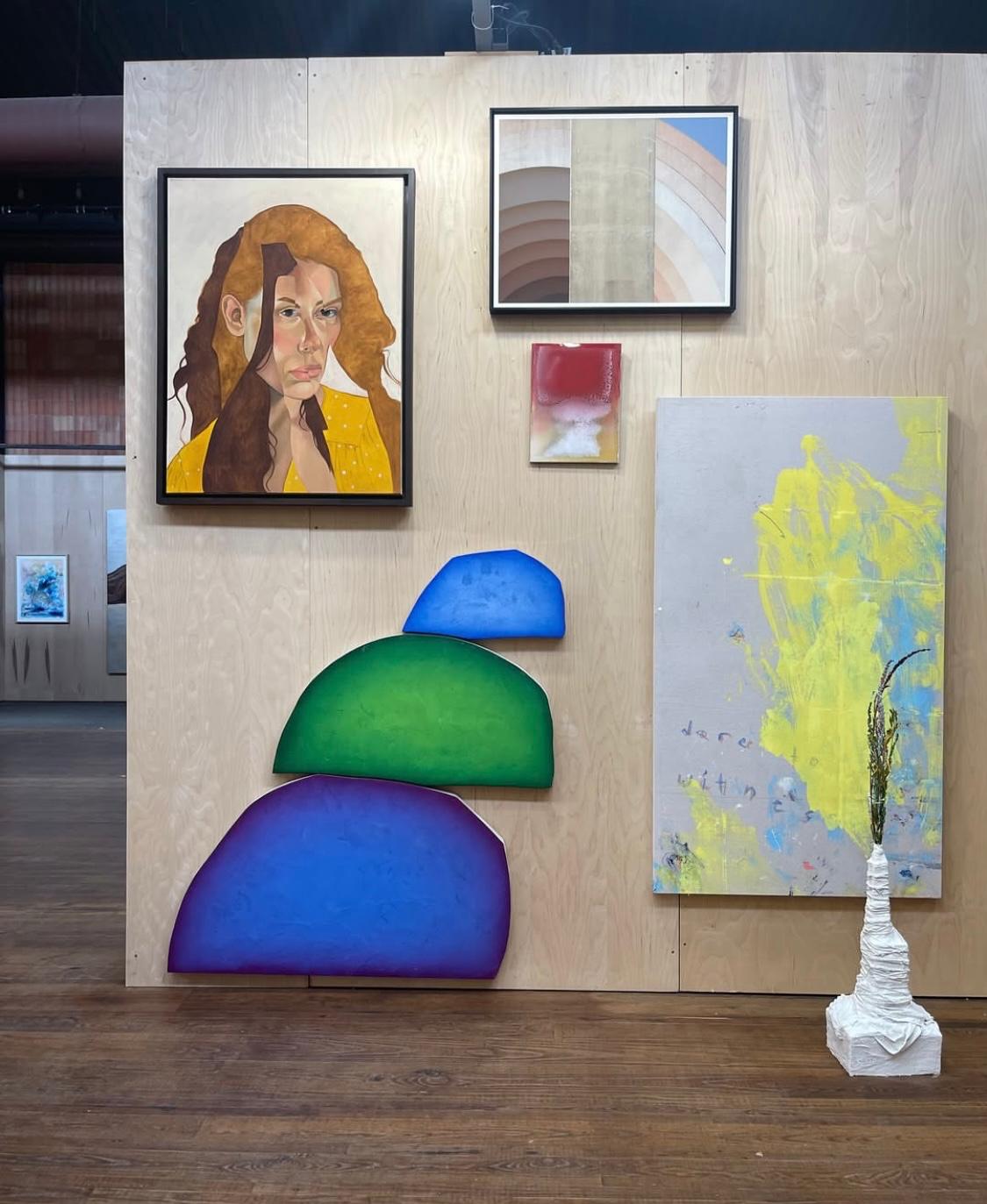contests
Portalblau 2025: music, performing arts and commitment to heritage
A cultural proposal that fuses creativity, reflection and social transformation in the Empordà.
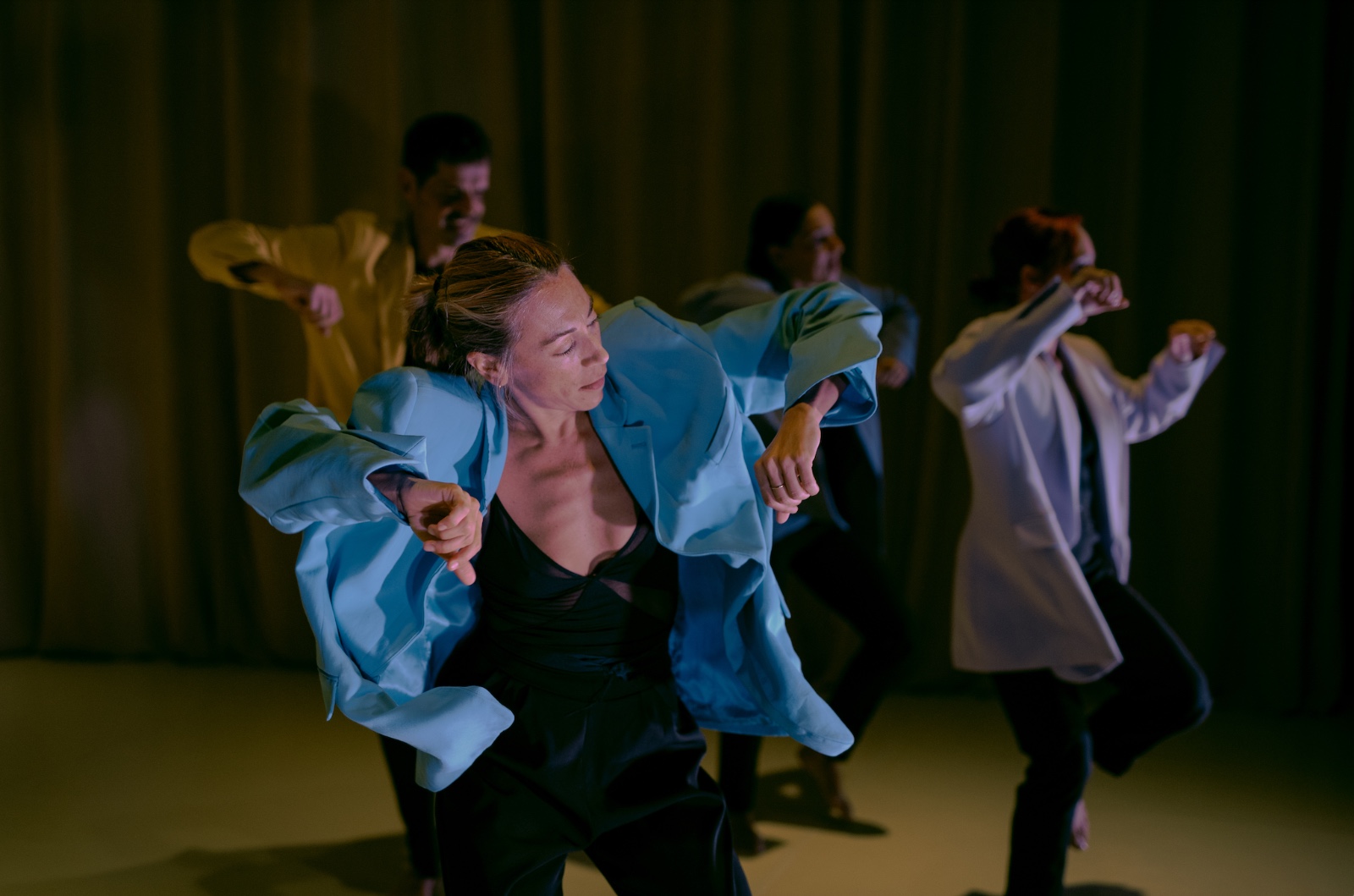
With an open gaze towards the Mediterranean and its multiple cultural layers, the Portalblau Festival returns this summer with a proposal that combines music, performing arts, critical reflection and heritage. Straddling L'Escala and Empúries, the festival has gradually earned a place in the summer calendar thanks to a lively and engaging program. This year, the festival presents the figure of Tetis, a sea goddess often forgotten in classical tales, as a symbolic image. This representation seeks to reclaim a submerged feminine force and, at the same time, establish a poetic link with the sea as a space of origin, memory and possibility.
From June 14 to August 10, the emblematic stages of the Empordà coast will host a program that ranges from roots music to electronics, including flamenco, alternative rock, song and dance. The starting point will be a conversation between Josep Ramoneda and Carles Duarte , in Alfolí de la Sal, about culture and democracy in turbulent times. On July 4 and 5, Camp de les Aromes will welcome La Filadora and Ikram , two proposals that combine tradition and a contemporary perspective. Mar Pujol will follow in Alfolí de la Sal, with his debut album, and the participatory energy of the dance piece Jarana by Cia Laia Santanach in La Riba.
 Nora Baylach
Nora Baylach
The festival will also open spaces for critical thinking, such as the talk with Laura Fa and Lorena Vázquez , who will talk about media and equality. Nora Baylach will bring her show 5:55 to the Greek Wall, while the Ethno Orchestra and Alosa will coincide on the night of July 25 with very different concerts but equally connected to music as a global language. The following day, Anna Colom will present Cayana, where flamenco meets Afro-Latin American rhythms.
From July 31, the festival will head to Mar d'en Manassa with concerts by Blaumut , Ramon Mirabet , La Ludwig Band and Las Migas . Afterwards, the “eia” Circus Company will offer La pedra de fusta a la Muralla Grega, and Míriam Iscla will do a dramatized reading based on the texts of Simone Weil. The last days will be at the Fòrum Romà, with Cala Vento , Pau Vallvé and Valeria Castro , who will end the festival with her new album. In addition to music and performing arts, this year's Portalblau will include the photographic exhibition of the MedFoto competition , which invites you to think about the relationship between people and the sea.
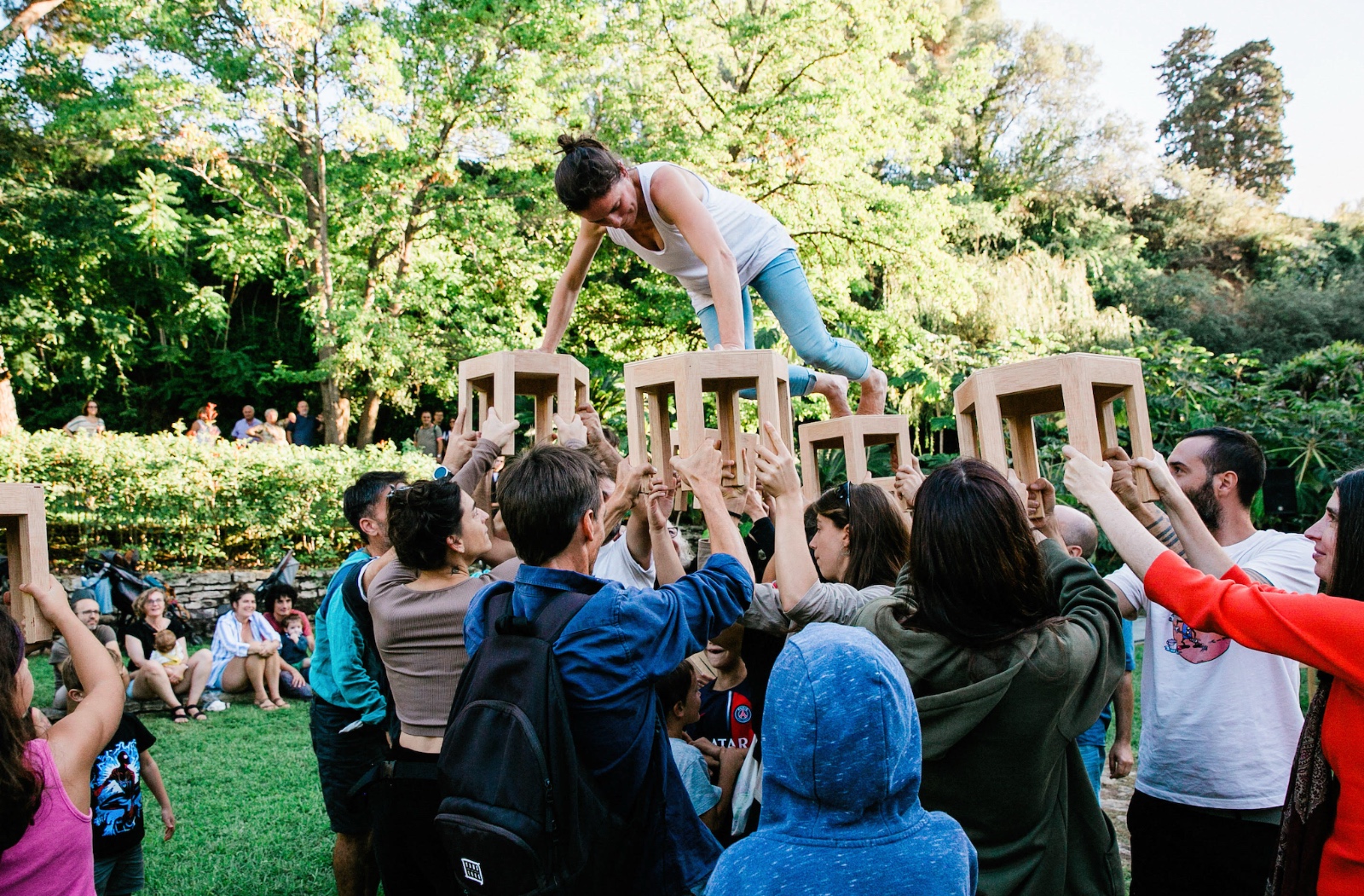 La Piedra de Madera, Companyia de Circ "eia" © Natacha Elmir
La Piedra de Madera, Companyia de Circ "eia" © Natacha Elmir
As for the venues hosting the festival, they are an essential part of the experience. L' Alfolí de la Sal , la Riba , el Camp de les Aromes , el Jardí Clos del Pastor , el Fòrum Romà d'Empúries , el Muralla Grega d'Empúries and la Mar d'en Manassa are places with historical and symbolic weight, which will become living stages. Programming in these spaces is not just an aesthetic commitment; it is a way of highlighting heritage and establishing links between the past and the present.
Another of the project's strengths is its social commitment. The festival has been working for some time to minimize its environmental impact, promote equality and offer spaces for new creation. Along these lines, on June 7th the fourth edition of the training course for young people interested in cultural management will be held. On that same day, Plaça Víctor Català will host the final of the Portalblau Stage Competition , an event that gives voice to emerging proposals from the territory.
 Mar d'en Manassa
Mar d'en Manassa
Portalblau also promotes youth employment and training in cultural management. Since 2020, the festival has created more than 105 contracts through its Job Exchange, facilitating the entry into the world of work for many young people. It also maintains close collaboration with universities, such as the University of Girona, to offer professional internships and contracts, thus reinforcing its commitment to training and job placement.
The link with social transformation is also concrete in the solidarity collaborations that Portalblau maintains year after year. This year, the festival once again supports the ECCIT Association, which works on education and cooperation projects in Chaouen, Morocco. This collaboration aims to promote cultural exchange and the reception of migrants, consolidating a line of work that has allowed, over the past few editions, to collaborate with more than a dozen social entities. More than just occasional help, this commitment is part of the festival's story, which understands culture as an active agent of cohesion and change.
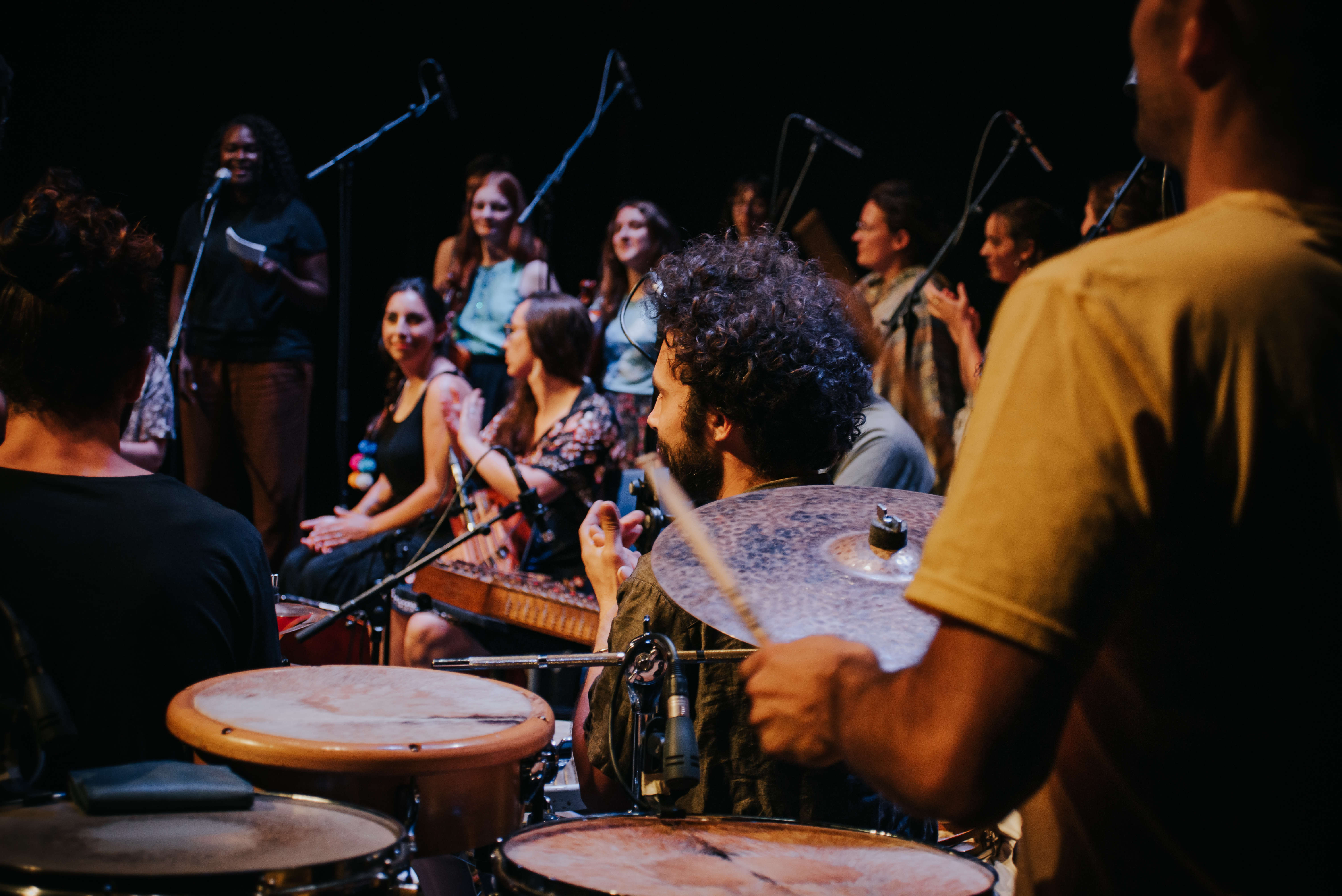 Ethno Orchestra
Ethno Orchestra
One of Portalblau's core values is the desire to promote a fairer and more representative culture. The programming maintains gender parity as an essential criterion, not only in terms of the presence of artists, but also in the diversity of styles, origins and voices. This commitment to balance is complemented by a specific tool: the new Guide to Good Practices from a Gender Perspective , developed by the festival with the aim of guaranteeing that equality is present at all stages of the organization, from programming to communication and internal logistics.
The reflection does not end here. The festival continues to focus on generating spaces for critical debate through the Mirades Blaves cycle, a series of conversations that revolve around feminism, memory and intercultural coexistence. These meetings allow us to think about culture from multiple angles and keep open the question of the role it can play in contemporary society.
